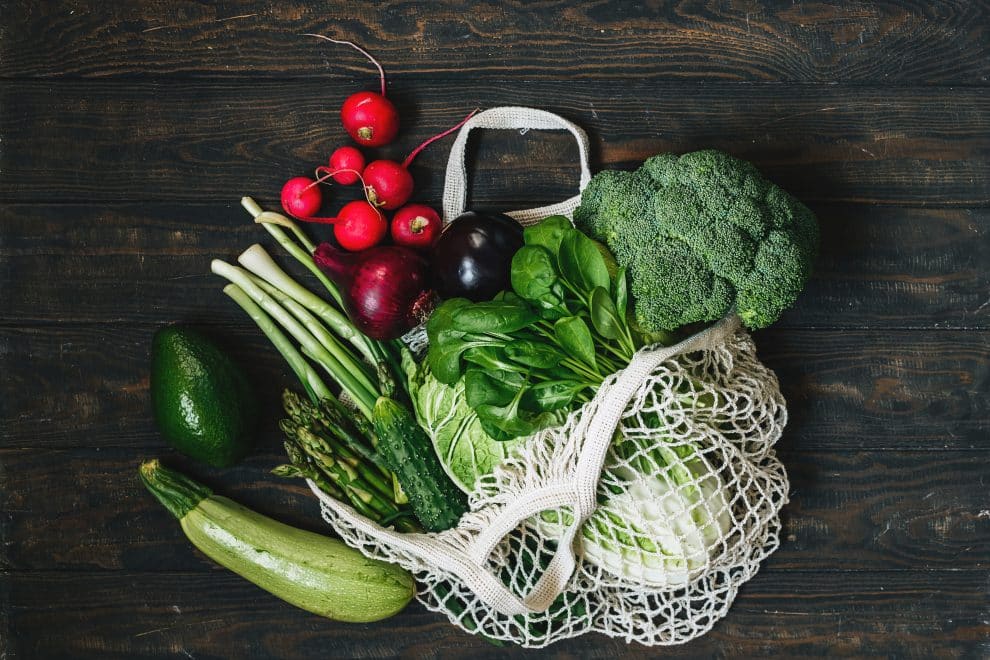Vegetarianism is gaining popularity in many Asian countries. In this spotlight, we ask is it healthy to go completely meatless? The answer, it seems, is complex.
Wide-spread vegetarianism in Asia is no surprise considering the influence of Hinduism and Buddhism in the region. Of around 1.1 billion Hindus and nearly 500 million Buddhists globally, more than 90 per cent Hindus live in India, and half of the world’s Buddhist population lives in China, according to the Pew Research Centre.
So, vegetarian food has long been an integral part of many Asian cuisines. In fact, Tofu making was first recorded in Han Dynasty of China. And, so was the concept of making mock meat. But with the packaged food manufacturers launching vegan alternatives to the animal-based food products such as mock meat and pork, the only concern out here is, “how healthy is it to go completely meatless?”
Meat and Ayurveda
Based on the centuries-old practice of Ayurveda, all matter; living and non-living, is composed of five elements, represented as three doshas – Vata (ether and air), pitta (fire and water) and Kapha (water and earth).
Every disease, according to Ayurveda, is believed to arise from inefficient digestion and therefore, the digestive fire or Agni needs to be strong and healthy. According to Ayurvedic experts, a strong agni allows complete digestion of food, improves health, immunity and aids in the efficient elimination of wastes. Whereas, a weak agni can result in toxic accumulation of wastes, which is the root cause of many diseases.
Going by the Ayurvedic texts, the utility of animal products helps to restore the body to a natural state of equilibrium, and treat diseases. However, eating too much meat is believed to disturb the body’s balance and cause diseases. So, this challenges the belief of people who lived in the mistaken notion that Ayurveda promotes only vegetarianism. Ayurveda is not and never was a vegetarian-based system.
Traditional Chinese Medicine and a plant-based diet
China has always been a meat-eating country. Being able to afford meat was considered to be a rare luxury in the 20th century. Later, as the country grew wealthier, meat consumption became symbolic of prosperity. By 2017, China consumed about 74 million tonnes of meat every year, almost twice as much as the U.S. But now, with around 50 million consumers rejecting traditional Chinese meat-based diets, there’s an upsurge in the number of vegetarians in China.
According to the Chinese Medicine System, there’s no way the plant-based diet can substitute meat. Similar to Ayurveda, Traditional Chinese Medicine (TCM) is based on the principle of balancing yin and yang. According to this system, foods are classified on the basis of its different energies – cold, cool, neutral, warm and hot – and can cause the body to either grow stronger or weaker.
It is believed if an individual eats too much food with cold or cooling yin energy, such as seafood and vegetables, their piwei (stomach and spleen) tends to become too cold and fails to function normally. Based on TCM, our body relies on the piwei to deliver nutrients to other organs.
Therefore, TCM is of the view that non-vegetarian foods are irreplaceable as otherwise, the body loses its balance.
Growing appetite for vegetarianism
In contrast, Singaporeans believe consuming a balanced and adequate diet is the key to staying healthy. Nutritionists emphasise on the importance of maintaining a healthy balance by consuming a wide variety of foods in the right proportions. Alarm bells should ring if you eat the same thing day after day, or if you snack a lot on processed foods. A meat-free diet lacks protein, iron, zinc, calcium, vitamin B12 and omega 3 fatty acids. Hence vegetarians should include alternatives such as beans, nuts, seeds, whole grains, soy products, etc., to stay healthy.
Malaysians too have started to adopt and discover benefits of a plant-based diet. Jackfruit is used instead of meat in some of their vegetarian recipes.
Until a few years ago, if you would tell a Malaysian that you don’t eat meat, the next immediate question they would ask was “do you eat fish?” However, Chinese Buddhists living in Malaysia have introduced the concept of serving mock meats made from soy at their restaurants in Malaysia.
And, others who find it difficult to choose between vegetarian or a non-vegetarian diet, it’s easier to adopt a ‘flexitarian’ approach. This predominately is a plant-based diet which allows consumption of meat and animal products in moderation. The concept is commonly practiced in countries like Hong Kong where it is tad expensive and a bit of a struggle to be completely dependent on a plant-based diet.


















Add Comment